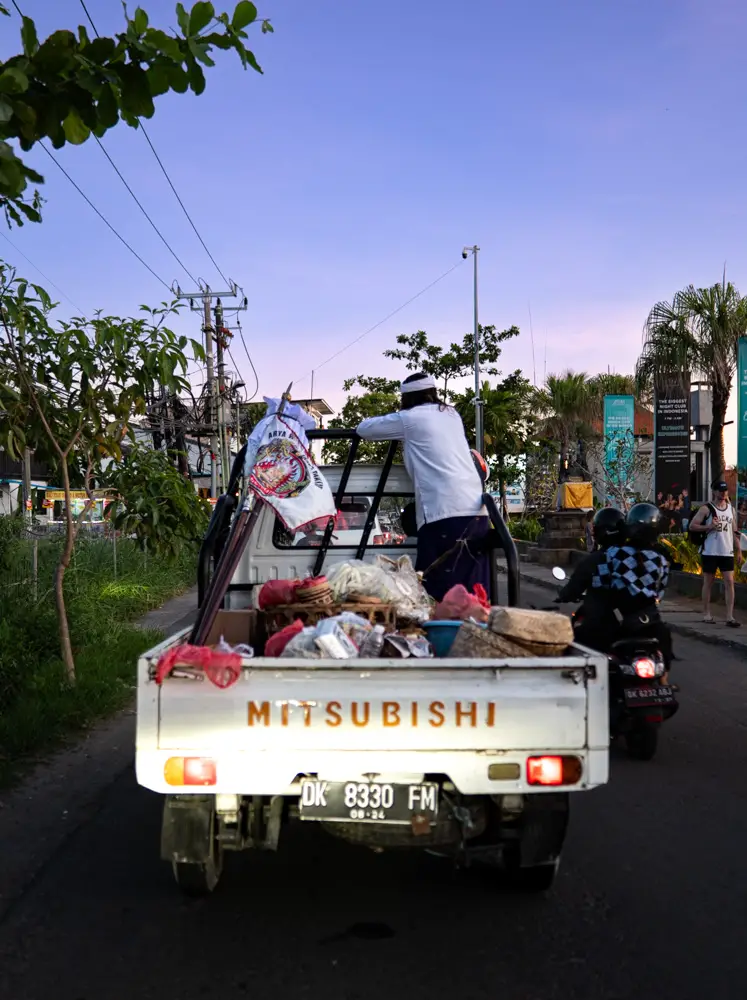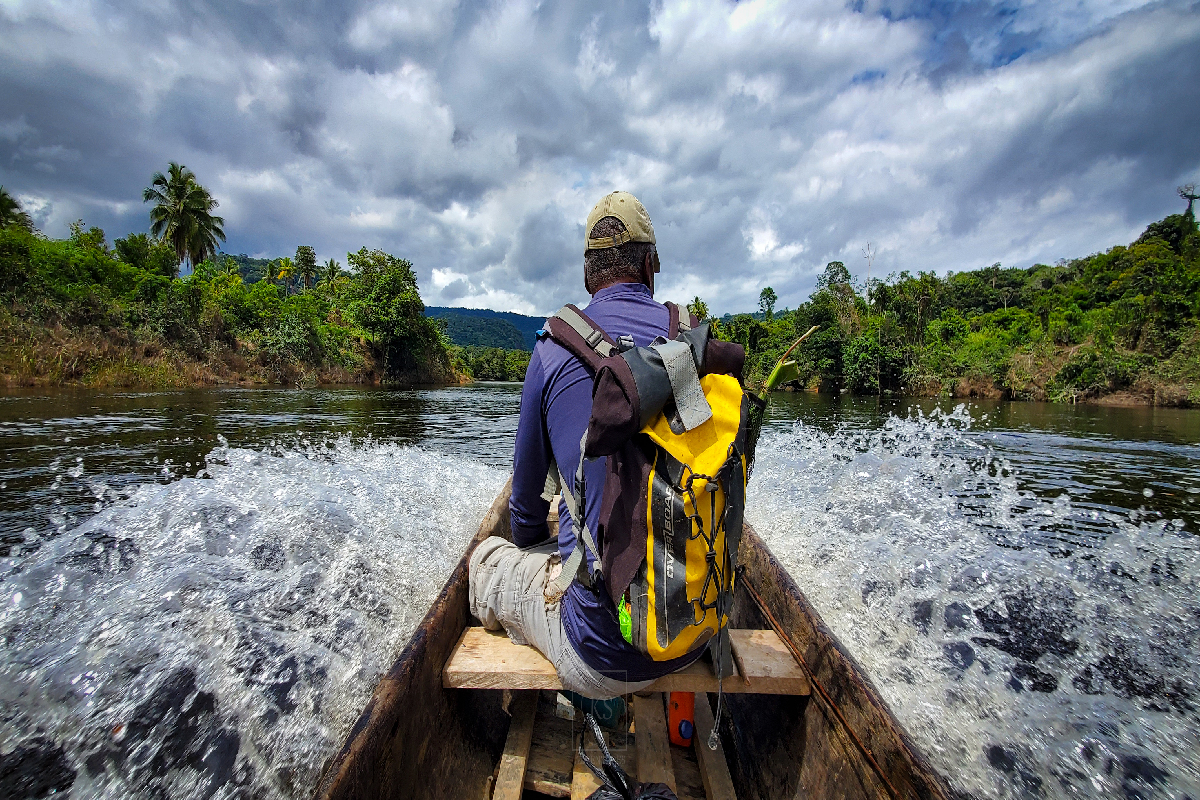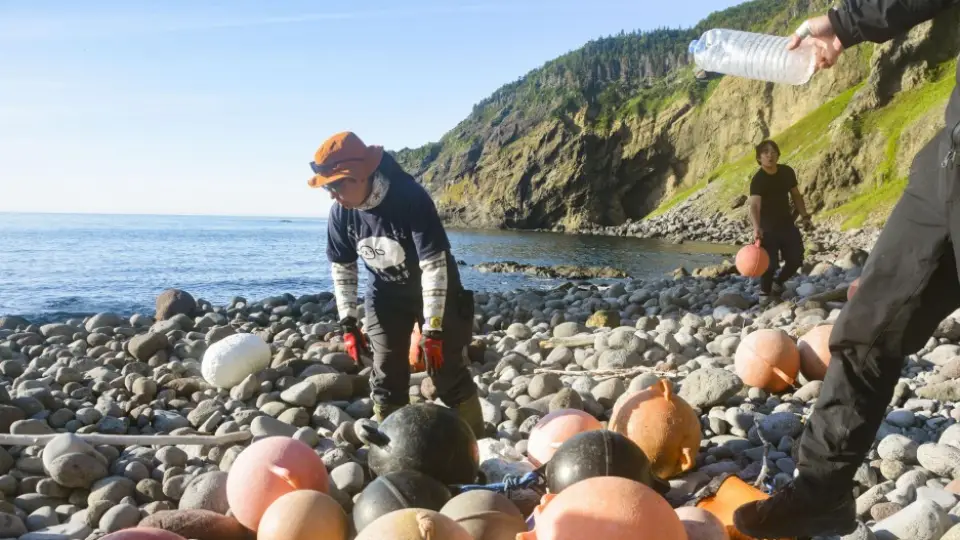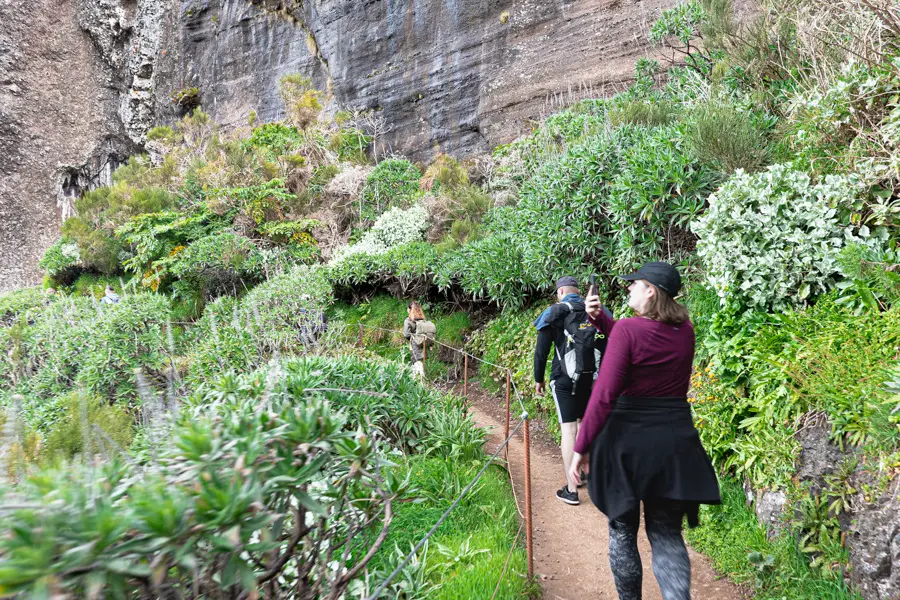Responsible tourism is a growing movement that aims to protect the environment, support local communities, and preserve cultural heritage. It is a world of travel that goes beyond mere sightseeing and adventure. In this blog post, we will delve into the concept of responsible tourism, explore the rising popularity of ecotours, and discuss what it means to be an ethical tourist. Let’s embark on a journey of discovery and make a positive impact on the places we visit.

Responsible tourism has become a cornerstone of the travel industry, emphasizing sustainable practices and positive impacts on local communities and the environment. It goes beyond conventional sightseeing, striving for a balance between exploration, preservation, and cultural exchange. Sustainability is a key component of responsible tourism, promoting the conservation of natural resources, protection of biodiversity, and reduction of carbon footprints. Travelers who embrace responsible tourism actively contribute to environmental preservation and climate change mitigation.
An essential aspect of responsible tourism is meaningful engagement with local communities. It encourages travelers to respect and appreciate local cultures, support local businesses, and partake in traditions and customs. This fosters mutual understanding, generates economic opportunities, and enriches the travel experience. Responsible tourists have the opportunity to connect with locals, learn from their wisdom, and gain deeper insights into the heritage of the destinations they visit.
In recent years, responsible tourism has gained significant recognition, as travelers increasingly prioritize sustainable travel options. Tour operators, accommodations, and destination management organizations have responded by developing innovative approaches to responsible tourism. From eco-lodges set in pristine natural surroundings to community-based tourism initiatives that empower local communities, responsible tourism offers diverse experiences that blend adventure, education, and environmental stewardship. By embracing responsible tourism, travelers can leave a positive legacy for future generations, ensuring that the world’s cherished destinations remain vibrant and pristine.
Ecotours: Connecting with Nature
One of the shining responsible tourism examples is the rise of ecotours. Ecotourism involves visiting natural areas while minimizing the negative impact on the environment and supporting conservation efforts. These tours provide travelers with an opportunity to immerse themselves in the beauty of nature while actively participating in its preservation.
Guyana: Responsible Tourism Example
Guyana’s new eco tours stand out as a prime example of how responsible tourism can empower indigenous communities and give them a say in the management of their lands. Located in the heart of South America, Guyana is home to vast expanses of pristine rainforests, teeming with unique wildlife and indigenous cultures. Recognizing the potential for sustainable tourism, local communities have partnered with tour operators to create immersive ecotourism experiences that showcase their traditional way of life and promote environmental conservation.

By participating in these eco tours, travelers not only get to explore the stunning landscapes and rich biodiversity but also contribute directly to the local economy, supporting sustainable development. For instance, visitors can embark on guided hikes through the rainforest, led by indigenous guides who share their knowledge of medicinal plants, traditional hunting techniques, and the intricate relationship between their culture and the natural environment. These tours provide an authentic glimpse into the lives of indigenous communities, fostering cultural exchange and appreciation.
Furthermore, the revenue generated from these ecotours is reinvested into community projects, such as education, healthcare, and sustainable infrastructure. This ensures that the benefits of tourism reach the local people directly, helping to improve their quality of life and preserve their cultural heritage.
Japan: Responsible Tourism Example
In Japan, the kayak eco-tour in the Shiretoko Peninsula is another remarkable example of responsible tourism. Designated as a World Heritage Site, the Shiretoko Peninsula in Hokkaido boasts breathtaking landscapes, including rugged coastlines, dense forests, and abundant wildlife. However, the area faces the challenge of ocean debris washing ashore due to ocean currents, posing a threat to the fragile ecosystem.
Although a fundamental solution is quite difficult, it is necessary to share awareness of this problem widely.
Associate Professor Takayuki Shiraiwa, Hokkaido University
To address this issue, local environmentalist organizations have organized kayak eco-tours, where participants collect garbage that has washed ashore using kayaks. These tours not only raise awareness about the importance of preserving the natural beauty of Shiretoko but also actively involve tourists in the cleanup efforts. Participants paddle along the coastlines, collecting plastic bottles, buoys, and other ocean waste, making a tangible impact on the cleanliness of the area.
The collected garbage is then processed into accessories and other items, which are sold, with the proceeds going toward similar kayak eco-tours in the future. This circular approach not only helps to fund ongoing conservation efforts but also promotes the idea of repurposing waste into valuable products, reducing the environmental footprint.

By joining these eco-tours, travelers can make a tangible difference while enjoying an unforgettable experience in a pristine natural setting. It allows them to connect with nature on a deeper level, understand the importance of environmental stewardship, and contribute directly to the preservation of World Heritage Sites.
These examples highlight the power of ecotourism in promoting responsible tourism practices. By actively involving local communities, empowering indigenous cultures, and engaging tourists in conservation efforts, ecotours create a win-win situation for both visitors and the destinations they explore. It showcases the immense value of sustainable tourism in preserving natural landscapes, protecting biodiversity, and supporting local livelihoods.
Being an Ethical Tourist
Being an ethical tourist means making conscious choices that prioritize the well-being of local communities and the environment. It involves supporting businesses and initiatives that adhere to sustainable practices and have a positive social impact.
In the blog post “14 Sustainable Travel Companies You Can Feel Good Booking With,” we find inspiring examples of sustainable travel companies that prioritize responsible tourism. These companies offer a wide range of ecotours, from wildlife conservation projects to community-based initiatives. By booking with these companies, travelers can be confident that their tourism dollars are directly benefiting local people and environmental conservation.

Booking an ecotour is not the only way to be an ethical tourist. It’s also important to respect local cultures and customs, reduce waste, conserve resources, and support local businesses. By making small changes in our travel habits, such as using reusable water bottles, choosing eco-friendly accommodations, and engaging in meaningful cultural exchanges, we can contribute to a more sustainable and responsible tourism industry.
Reflecting on my Personal Travels
Having traveled extensively through Europe and Asia, I have witnessed both the positive and negative impacts of tourism on local communities. It is disheartening to see disrespect of sacred places, the exploitation of natural landscapes, and the destruction of once-authentic neighborhoods.
However, I have also had the privilege of encountering inspiring examples of responsible tourism. From local cooking classes in the heart of Malaysia to community-based homestays in remote villages, these experiences have shown me the transformative power of responsible travel. By engaging with local communities, supporting their livelihoods, and learning from their wisdom, my eyes have been opened to the opportunity we have as travelers to not only educate ourselves about different cultures around the world, but to also have a positive impact in helping them sustainably preserve and share their land and culture.
For more on sustainable travel, I discuss the challenges of the rising popularity of digital nomadism and how we, as travelers, can benefit places that we visit in my article Eco Travel: The Challenge of Digital Nomadism to Communities.
Conclusion
Responsible tourism is not just a passing trend; it is the future of travel. By embracing the principles of responsible tourism, such as ecotours and ethical travel practices, we can become catalysts for positive change. Let us explore the world with open hearts and responsible minds, leaving a trail of meaningful connections, environmental preservation, and empowered local communities. Together, we can shape a tourism industry that benefits everyone and protects our precious planet for generations to come.
If you enjoyed this article or have personal experiences of your own that you’d like to share, comment on this article or share it on your favorite platform!


Pingback: Eco Tours in the Philippines: Authentic Coron Natural Farms | unknownplaces.org